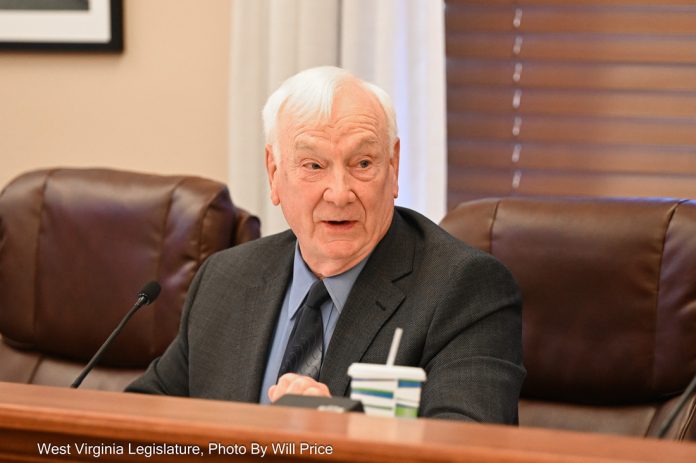The Legislative Oversight Commission on Education Accountability met on Sunday, October 15, 2023 to hear about a few policies, a report on the Research Challenge Fund, and an update on public charter schools.
The Committee approved four rule changes: WVCCTCE 135-06, 135-20, 135-32, and 135-49.
The annual report for the Research Challenge Fund was presented. The Research Challenge Fund is a grant of $1.3 million distributed over five years with three winners each five years. The grant supports STEM research projects, which may lead to the creation of research centers and economic development. The grant provides funding to the Research Challenge – to assist faculty researchers in competing for external funding on a national basis, the STEM Fellowships- program to help WVU and Marshall recruit and support highly qualified graduate students, the SURE program- Summer Undergraduate Research Experience, Instrumentation Grants- provides advanced ungraduated labs, and Innovations Grants- provides improvements in equipment, facilities, and curriculum at undergraduate institutions. The fund also provides Opportunity Funds, which are smaller awards. The program also provides expert peer review services to allow assistant faculty to develop competitive proposals for funding.
Lastly, the committee heard an update on charter schools. In West Virginia, there are five charter schools. Two are virtual and three are in-person schools. Two more charter schools have been authorized for the Fall of 2024 and there are three more applications under review. The number of students enrolled next year is expected to be around 2,200 students.
The largest challenge facing charter schools is funding. Charter schools do not receive start-up funding. Therefore, boards and founders must rely on private fundraising, grants, philanthropic gifts, loans, or work with management companies. There are no excess levy revenues for charter schools, and they cannot issue bonds. Charter schools must pay for facilities from regular operating funds.
Progress was made in the 2023 session for charter school funding, but the problem is not solved. The Charter School Board did apply and receive a federal grant of $12.3 million over five years. The charter school stimulus fund was created but has not been funded.
Possible legislative solutions were offered during the meeting and include:
1. Appropriation to the charter school’s stimulus fund
2. Per pupil funding for facility costs
3. Lease reimbursement for facility costs
4. Greater access to unused public buildings
5. Increased enrollment funding

